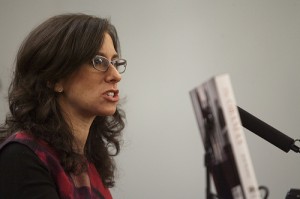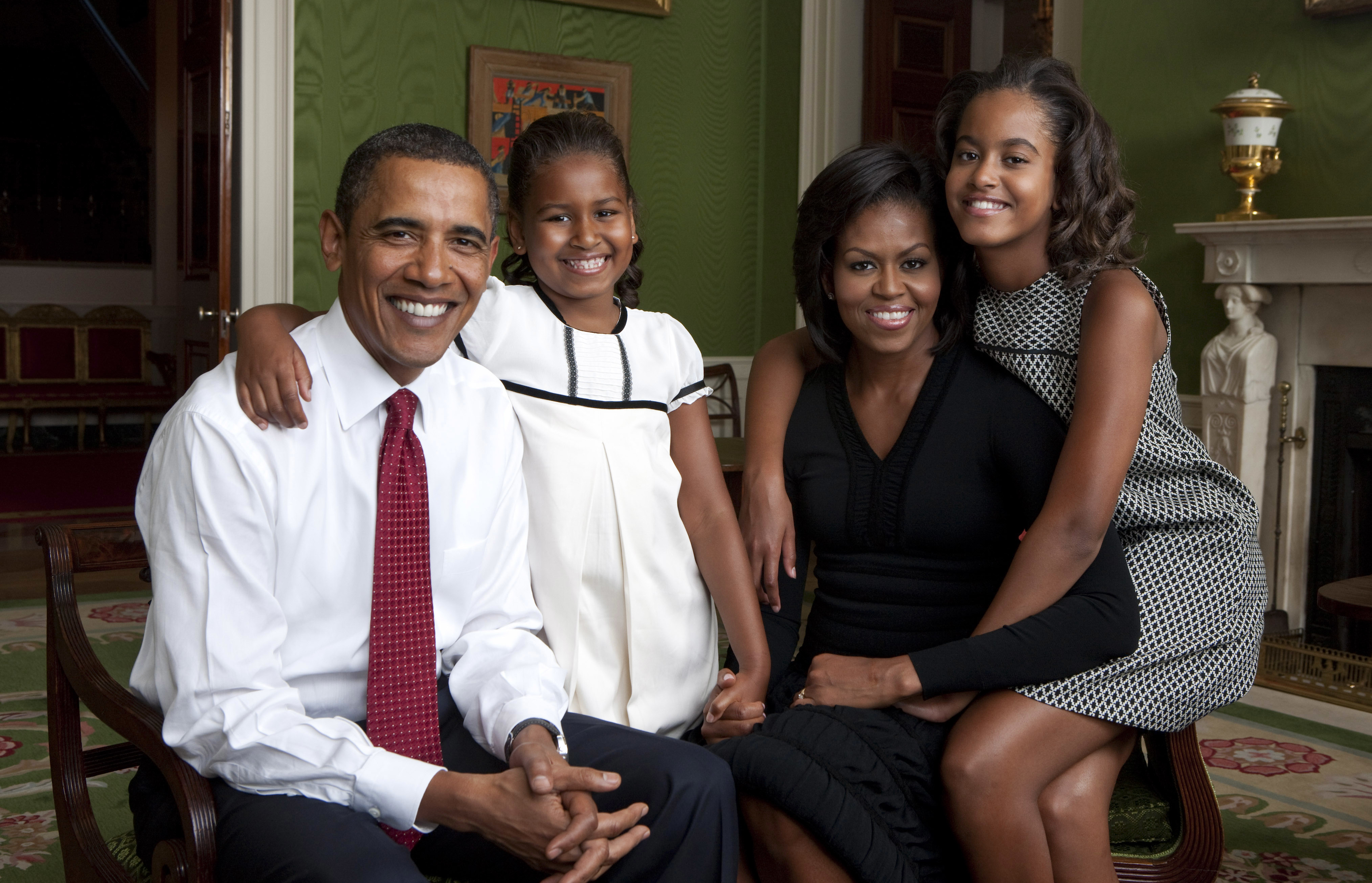Jodi Kantor is a corespondent for The New york Times and author of The Obamas, an investigative account of the First Family’s initial years living in the White House.

Brown Political Review: The Obamas created some controversy when Michelle Obama said it portrayed her as “some angry black woman.” How did you feel when she made that comment?
Jodi Kantor: I found it incredibly interesting and very revealing, because very few of us have books being written about us. To have a reporter peering into inner aspects of your life, talking to so many people that you know, and telling a story about you that you would rather remain private, that is a really hard thing. Even though the book is not unflattering, there are a lot of behind-the-scenes stories of struggle in the first two years in the White House, and like any president and first lady, they would like those [stories] to remain private. I have been writing about Michelle Obama since 2007, and part of what’s fascinating about her is that she has mastered public life even though it was something she was never really comfortable with. This was never the world she wanted to be a part of, yet she is learning to ace it. The Bushes and Clintons had been dealing with it for a very long time, and her reaction is another symptom of her newness.
BPR: Can you take us through some of the pressures that the first family faced in the White House?
JK: One thing I learned about the presidency is that the president’s greatest assets are often some of the greatest detriments. The Obamas were true newcomers to the White House. They had not spent much time in Washington let alone in the White House, in contrast to someone like George W. Bush, whose dad had been Vice President, his dad had been President, and spent a lot of time in the White House. The Obama family were really strangers in a strange world. Most of us came away watching their story thinking, ‘How would we feel if we were plucked down in that environment?’ They really had an entirely new world to discover.
BPR: You say in your book that “…if the presidency is often referred to as a bubble, sealed off from the rest of society, the Obamas and their closest friends created an even smaller bubble within the bubble.” Will the First Family be able to step out of the “bubble within a bubble” in the second term?
JK: It’s a very good question because their instincts have always been very protective. The Obamas are big on authenticity, in the sense of preserving their true selves, and at the same time they have been so over protective. They really haven’t formed new social relationships in Washington. It’s really hard for any president or first lady to have normal social relationships. That’s why first marriages are so important: they have to rely so utterly on each other. But it’s also true, on the other hand, that the Obamas have become far more acclimatized, and it is possible we might see them relax into the role
BPR: Class and culture come up in this book. Are they causing some of the tense reception?
JK: I am glad you mentioned class, because class has been an enormously hard thing for the Obamas to navigate, and some people overlook that because the Obamas have been so focused on being the first black president and first lady. But I think they’ve been having more trouble navigating class than race in this administration. The president was inaugurated in a time of economic catastrophe, in a time when everyday Americans were feeling an anxiety about money that many of us have never really felt to that degree before. There was so much emotion around the loss of retirement security, plunging 401k balances, plunging values of their homes, banker bonuses, government bail-outs, et cetera.
So in a time when most people were doing worse than ever before, the Obamas were doing incredibly well. A brilliantly successful first family was inaugurated into the White House and from the beginning there was a concern in the White House of the Obamas doing anything at all that seemed out of reach, such as parties that were too fancy, clothing that was too fancy, anything that was out of reach of ordinary Americans.
For example, if I go abroad, the question of who to take with me is my own decision. If I walk down the streets of New York City, the question of what to wear is solely mine to make. If I throw a party, nobody tells me how much money to spend, who to invite or how lavish. But when you are first lady, all of those things become a matter of public argument and therefore a matter of private concern in the White House.
BPR: Who was more conscious of that perception, the Obamas or their staff?
JK: The Obamas were always cautioned to refrain from things that looked too lavish. The first lady resisted [that advice] in many ways for a number of interesting reasons. One is that she is the first African American first lady and she really wanted to look beautiful and classy. Another reason, I think, is that she was just trying to preserve a modicum of freedom for herself. In recent months we have really seen her come around. If you watched her speech [at the Democratic National Convention] in Charlotte, it was really all about money, saying we used to have this rusty car, and my husband bought this junky coffee table for almost no money, and we had a ton of student debt. It was almost as if she was telling listeners to forget the fact that we are wealthy now. Economically, we are really one of you.
